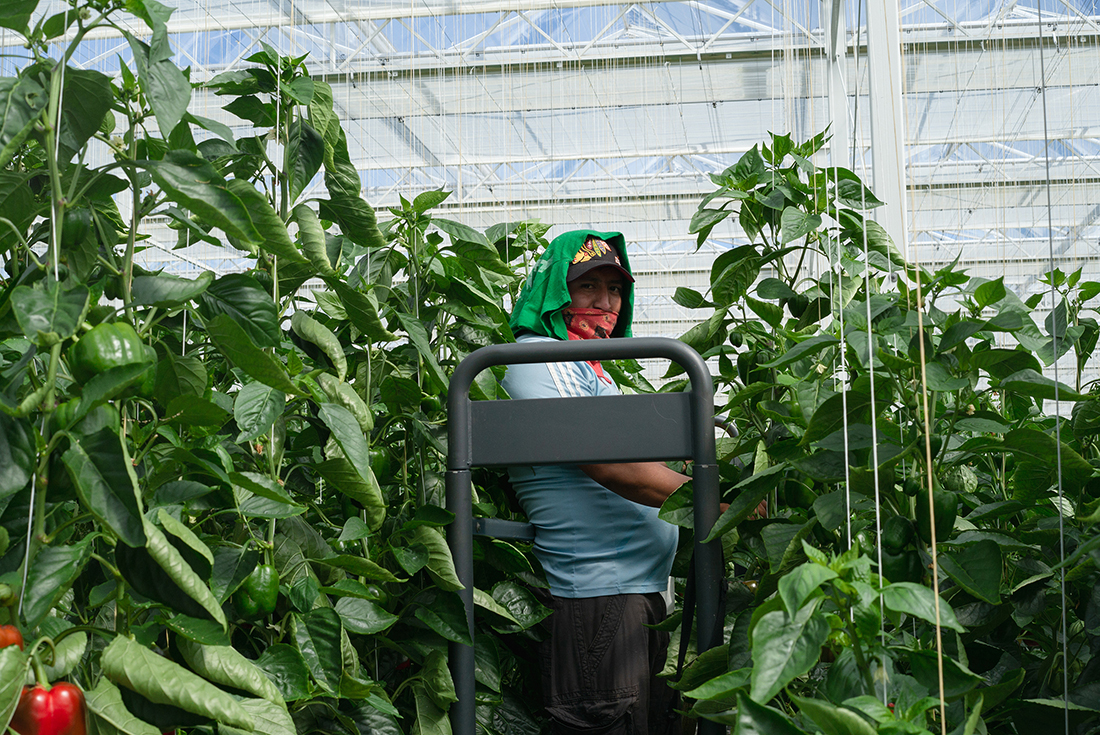With applications now being accepted for seasonal workers arriving in 2021, farm leaders are stepping up efforts to negotiate entry restrictions on returning workers.
Many nursery operations requiring workers in the opening days of January but the requirement for foreign arrivals in Canada to self-isolate for 14 days could delay when they start work. To address the issue, the Western Agriculture Labour Initiative (WALI) is proposing two solutions: working with government to allow 2021 workers to arrive at the end of December, or encouraging growers to consider hiring through the agricultural stream of the Temporary Foreign Worker (TFW) program.
Reg Ens, executive director of the BC Agriculture Council, said all levels of government recognize the challenge ongoing quarantine requirements will pose at the beginning of 2021.
“We have not heard if they are willing to negotiate a change to the program allowing workers into Canada early to quarantine,” he says.
But arriving early also demands a sacrifice on the part of workers, who would miss the entire Christmas season.
“We are working with stakeholders to look for options and solutions,” he says.
This is where the TFW program, which runs separately from SAWP and in which WALI isn’t typically involved, is an option. While the program’s agricultural stream tends to be more expensive for the employer than SAWP, it allows workers to stay for up to 24 months at a time rather than eight months.
SAWP participants already in Canada are eligible for transfer to the TFW program, an option that appeals to many employers. A standard process has yet to be worked out, however.
BCAC boosted WALI’s budget for the current fiscal year to improve its ability to address the challenges facing farm employers. It is now looking at how the organization may be able to pivot to support TFW recruitment.
“We are currently looking at what services and support we can provide, what licensing (if any) would be needed and who we need to work with,” says Ens. “We are actively working on this business strategy.”
BC farms expect to welcome 4,785 workers through SAWP this year, down 1,290 from last year.


 Wine institute renames
Wine institute renames